Overtime, 2021
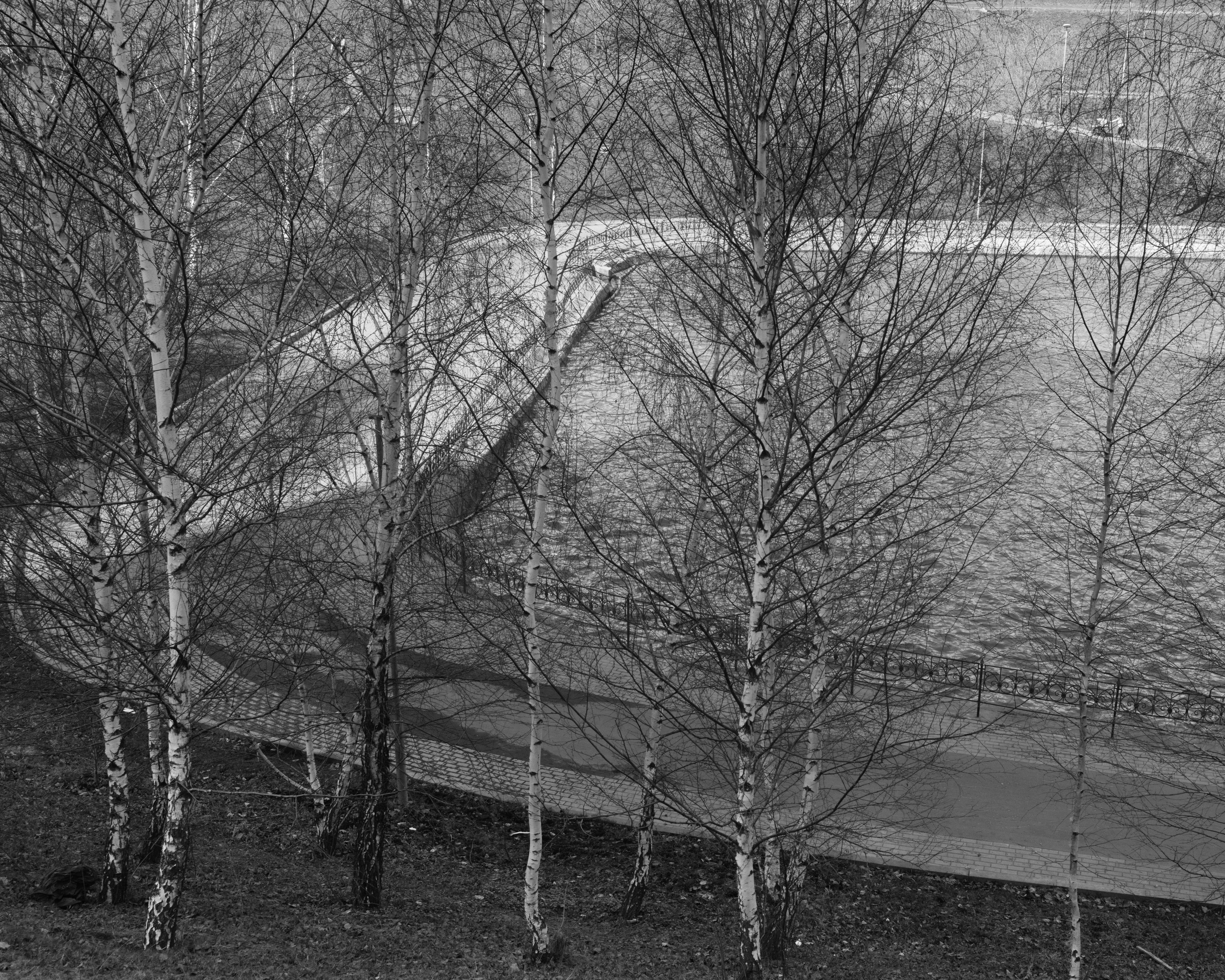
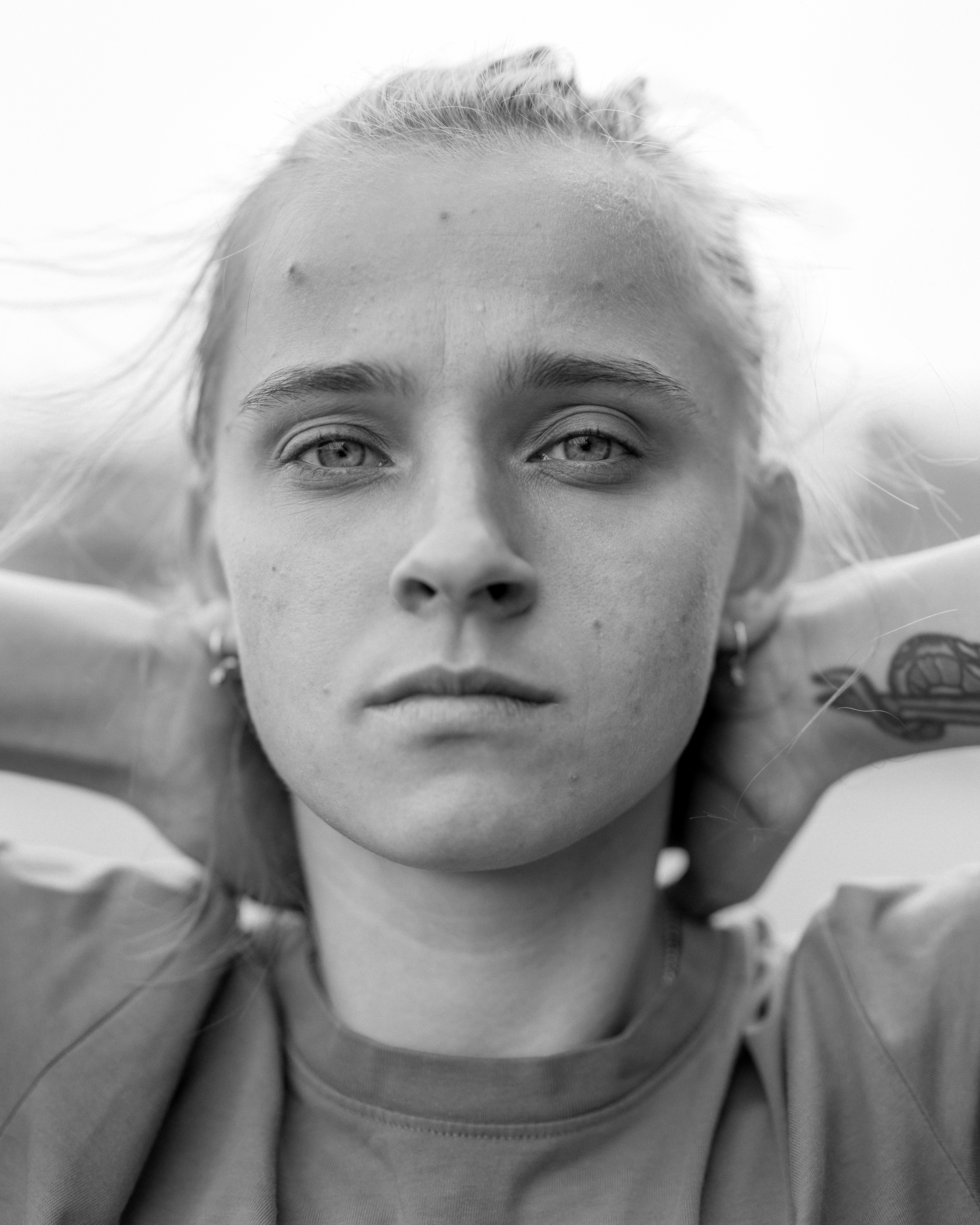
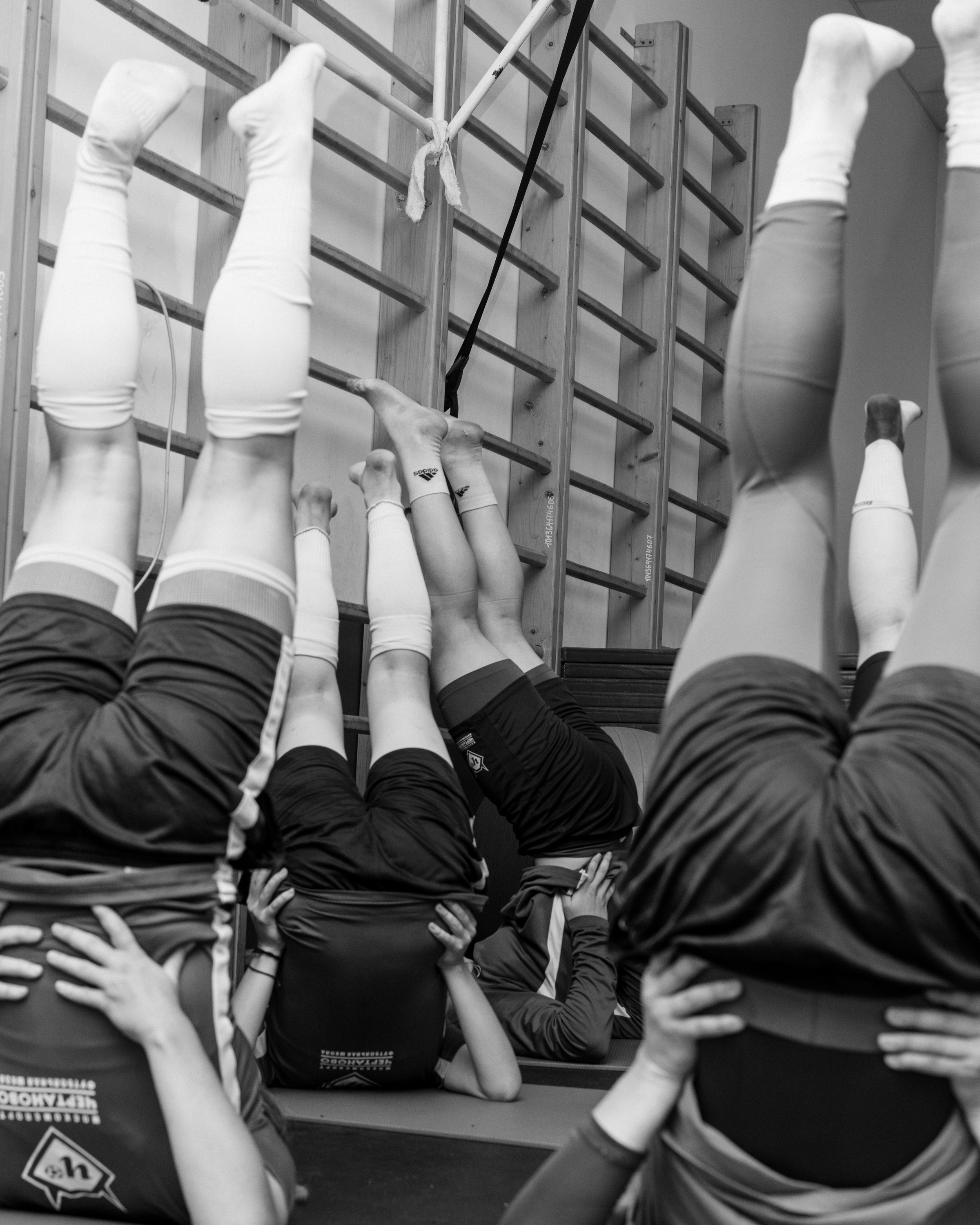

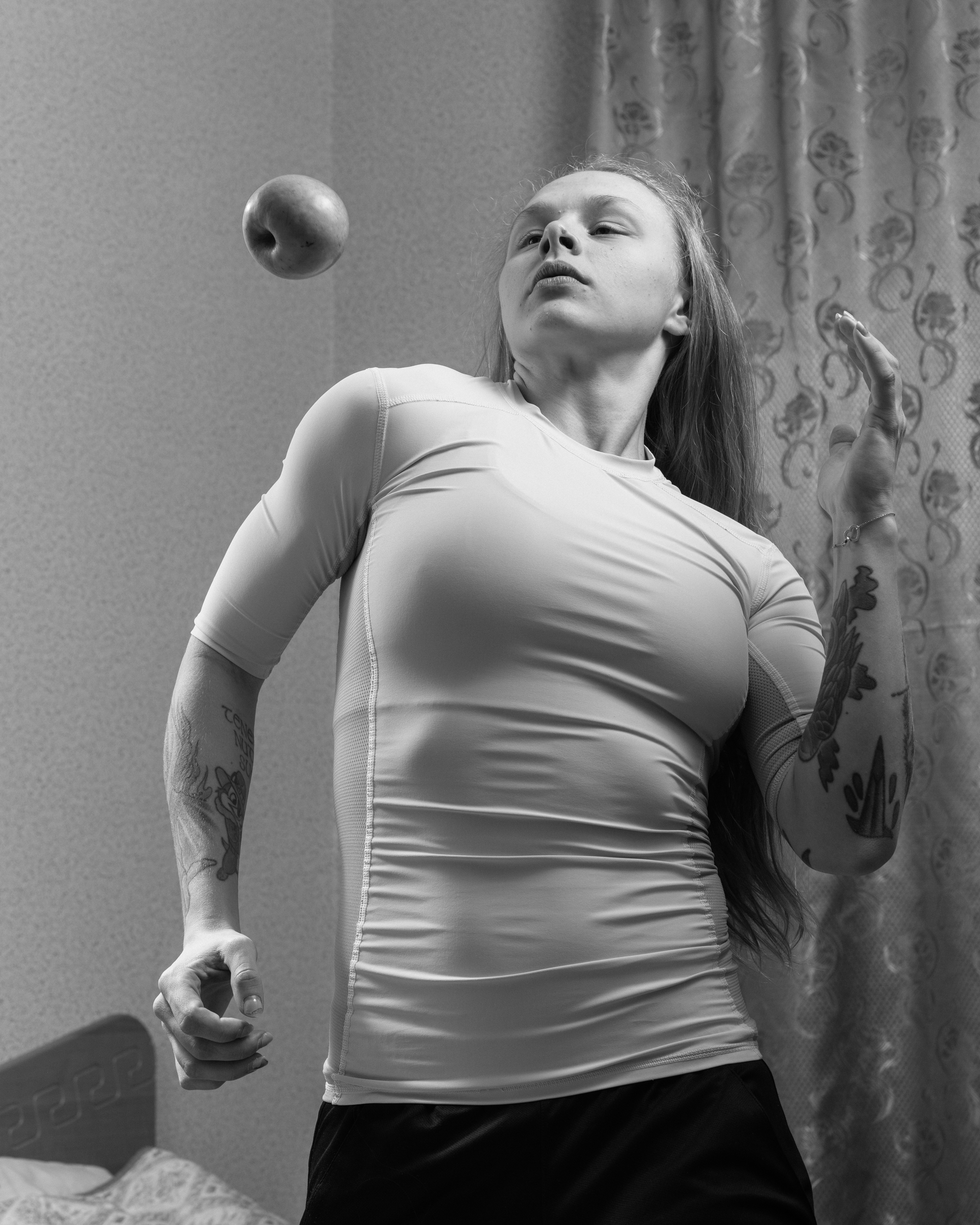
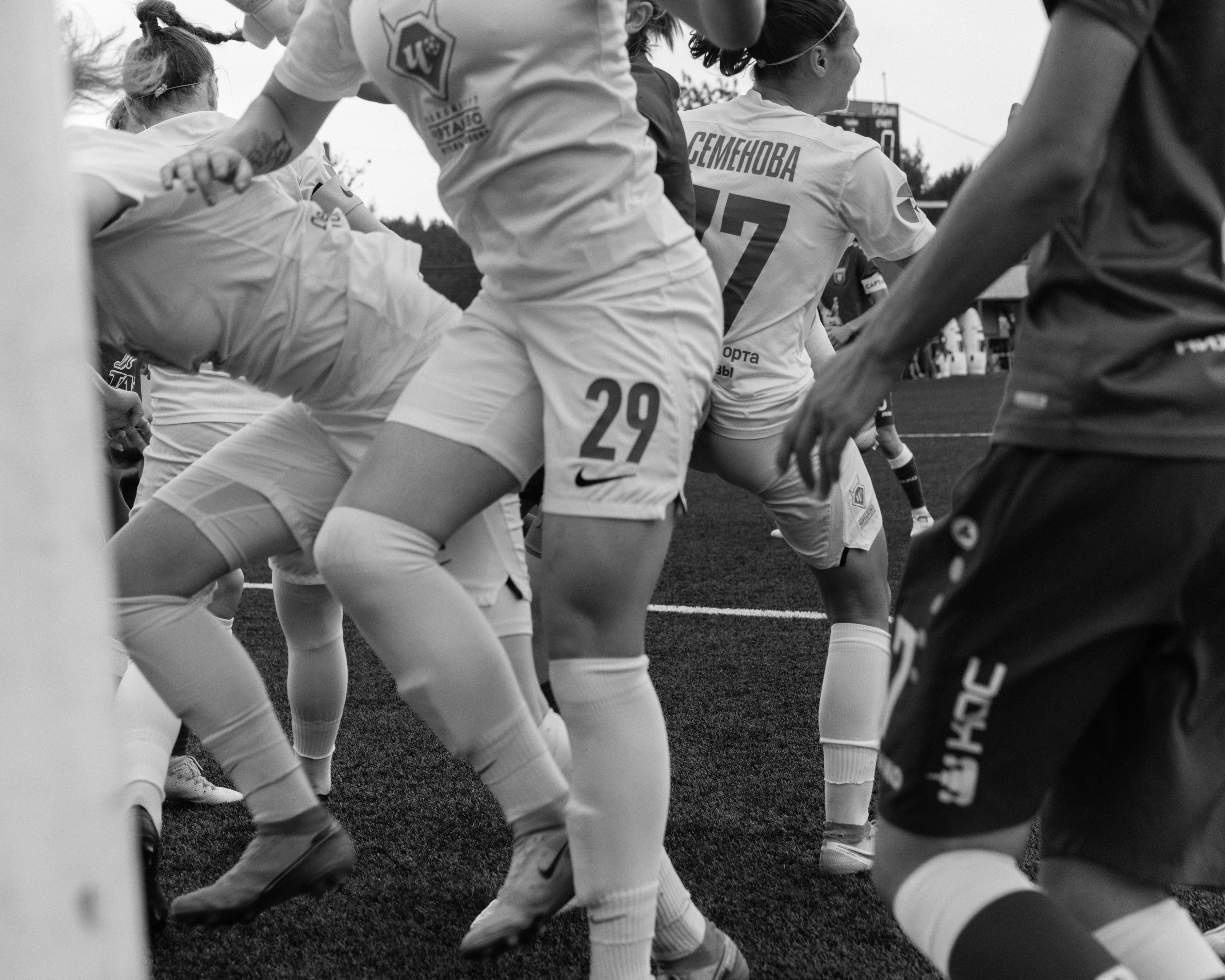
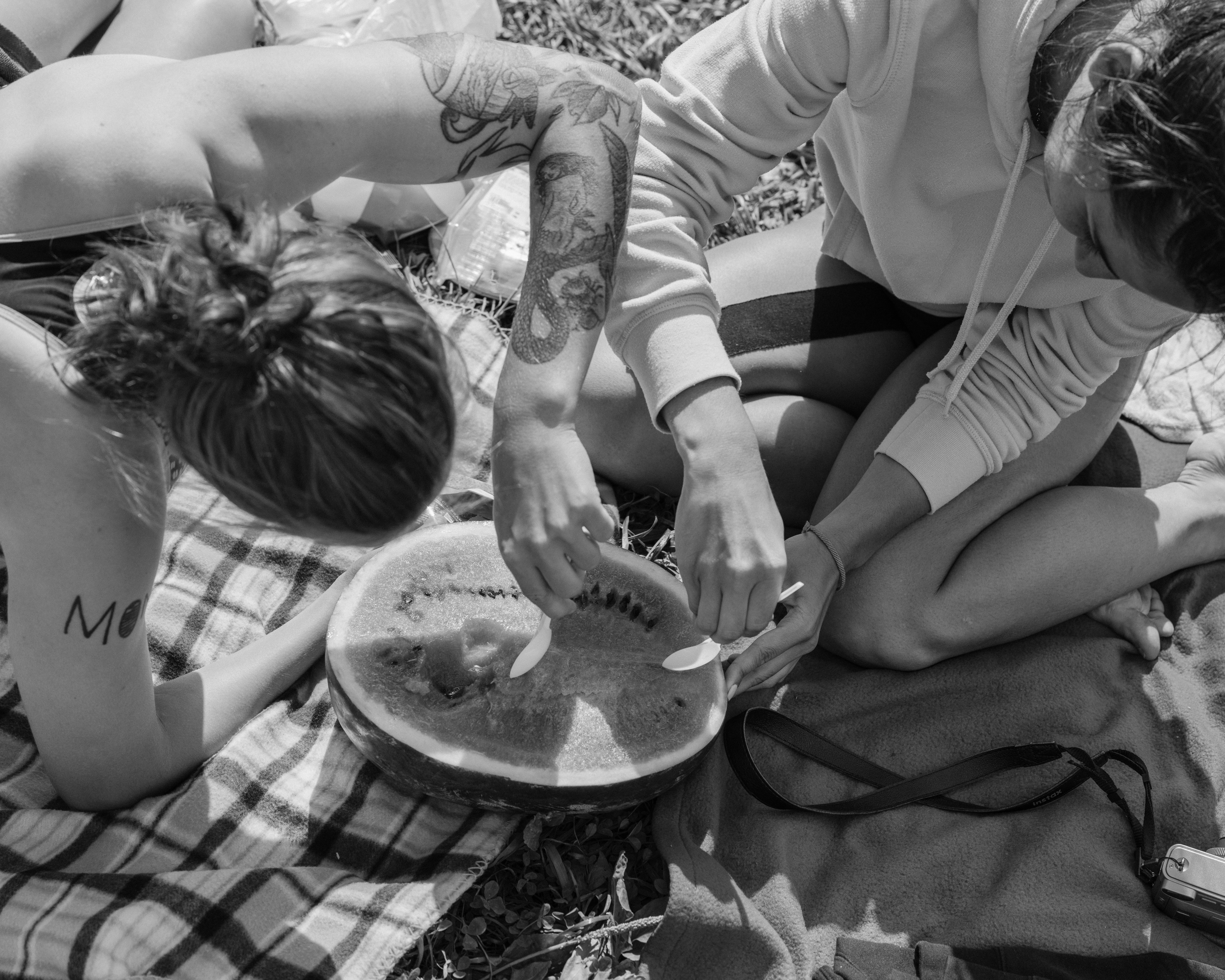
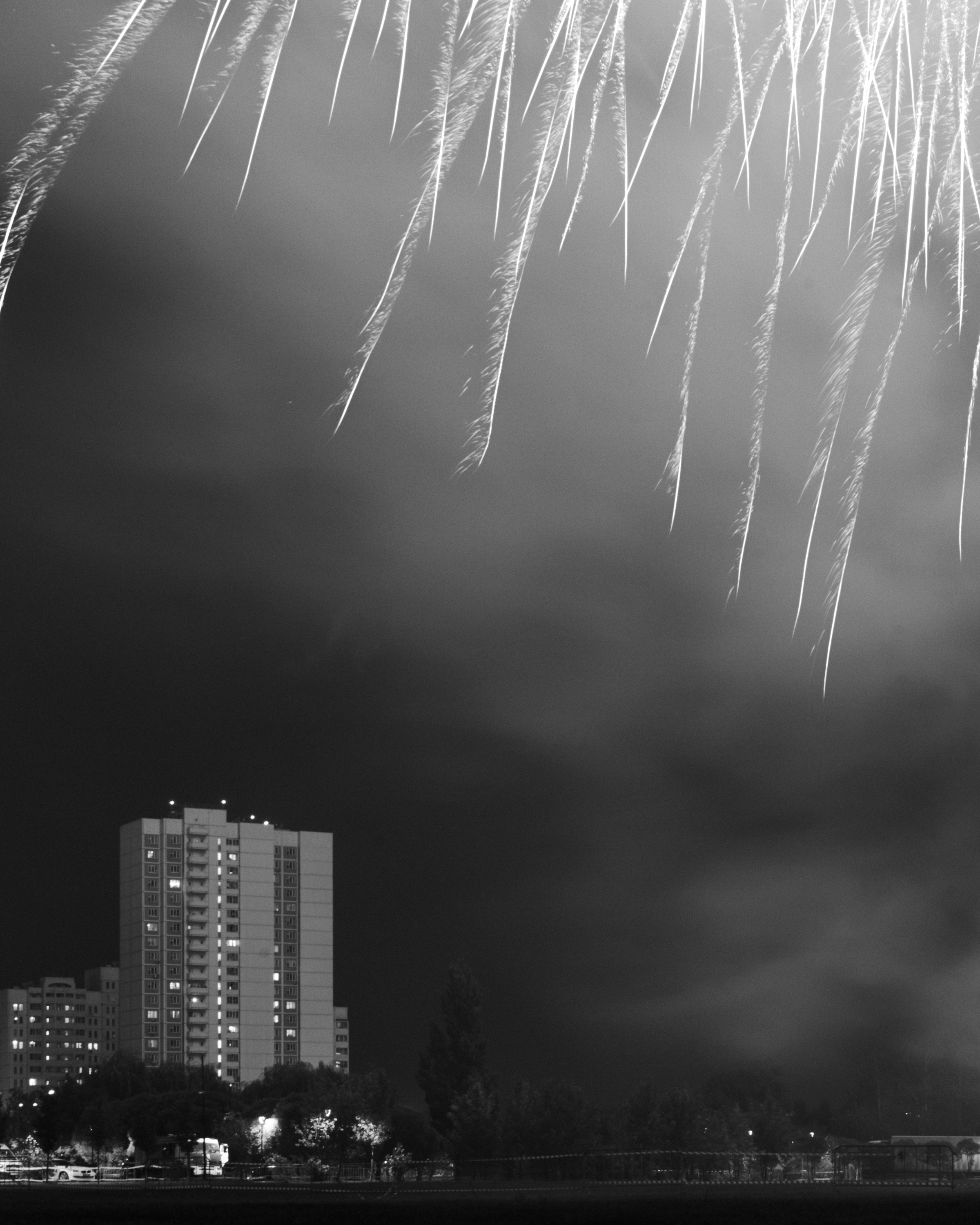


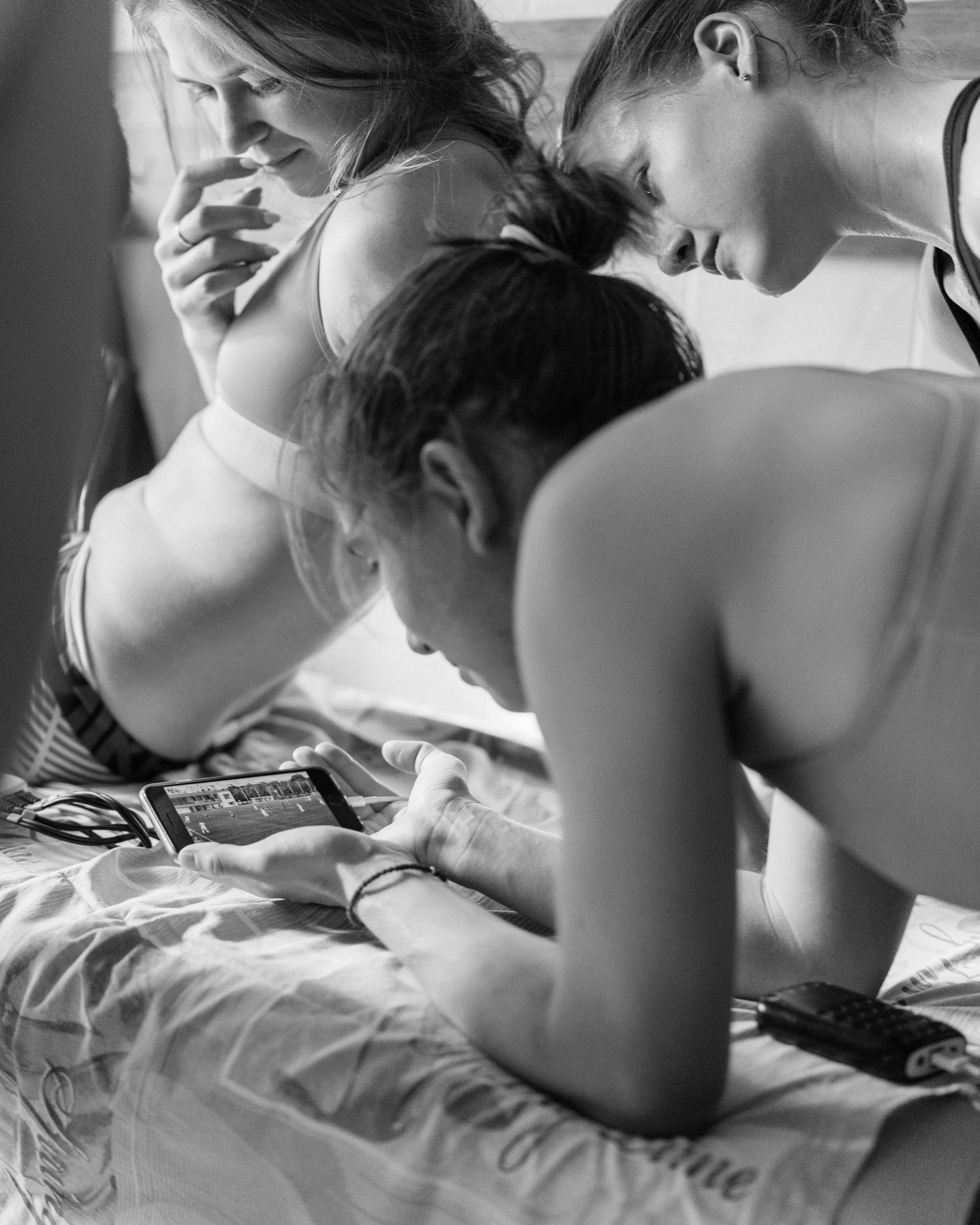

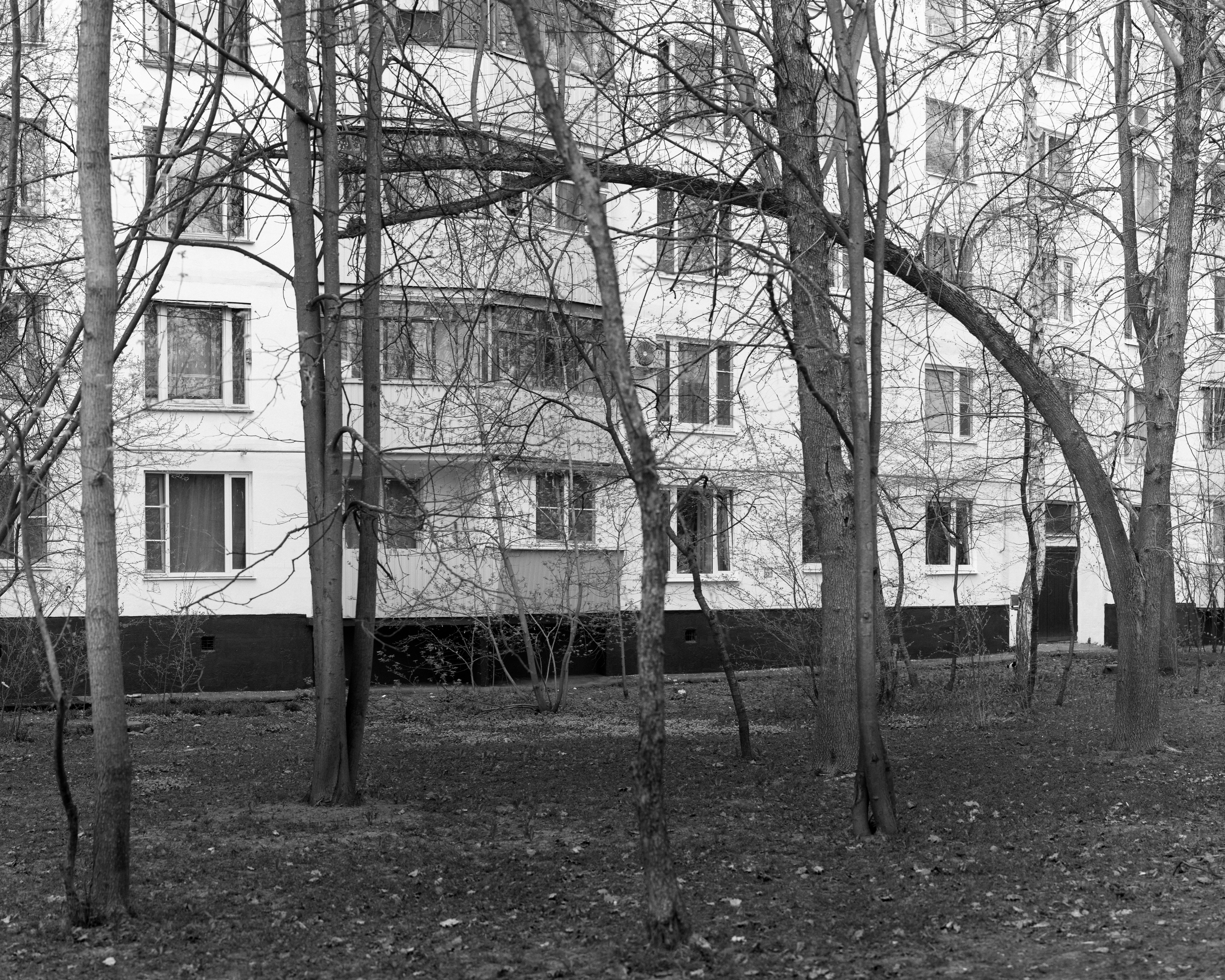


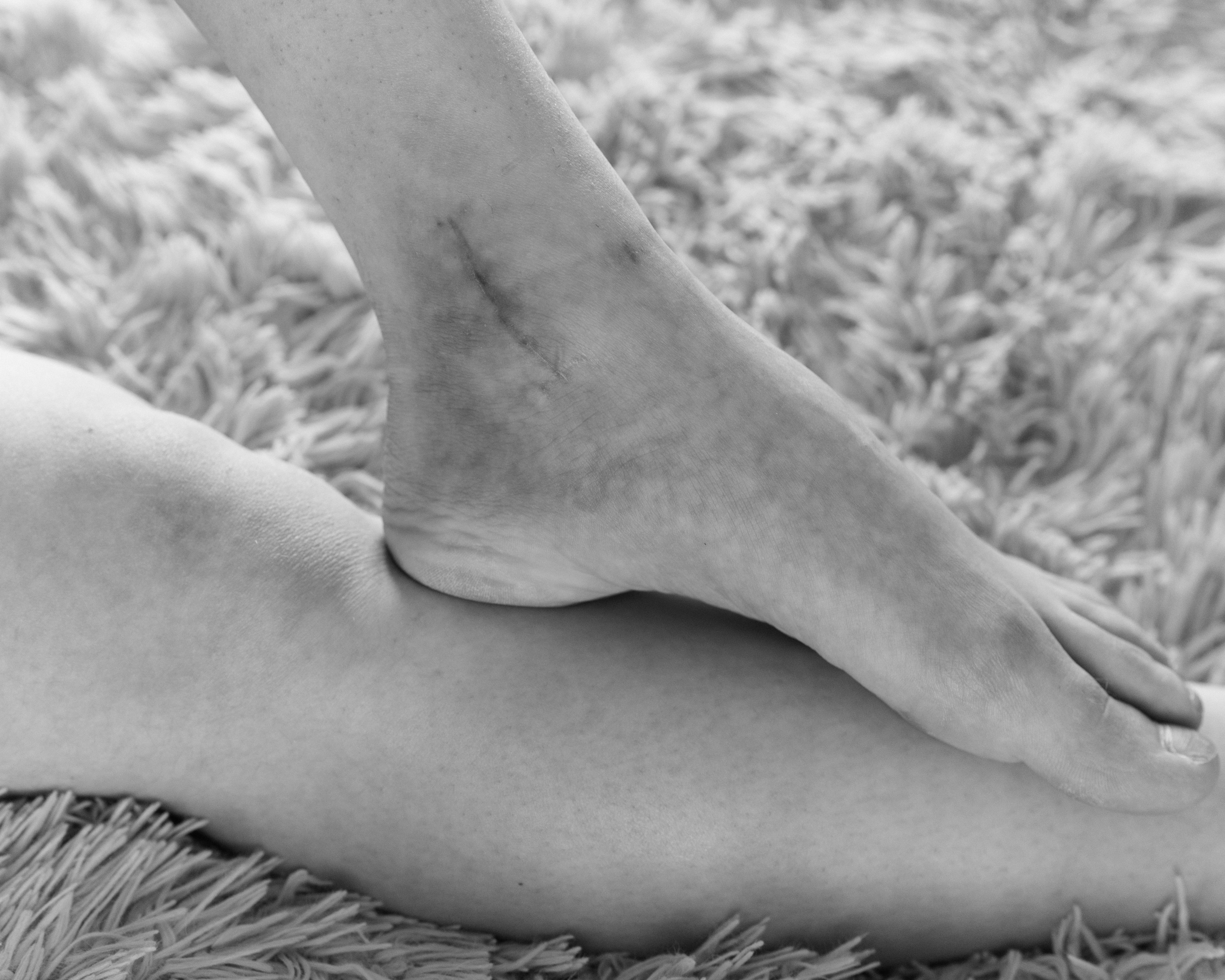
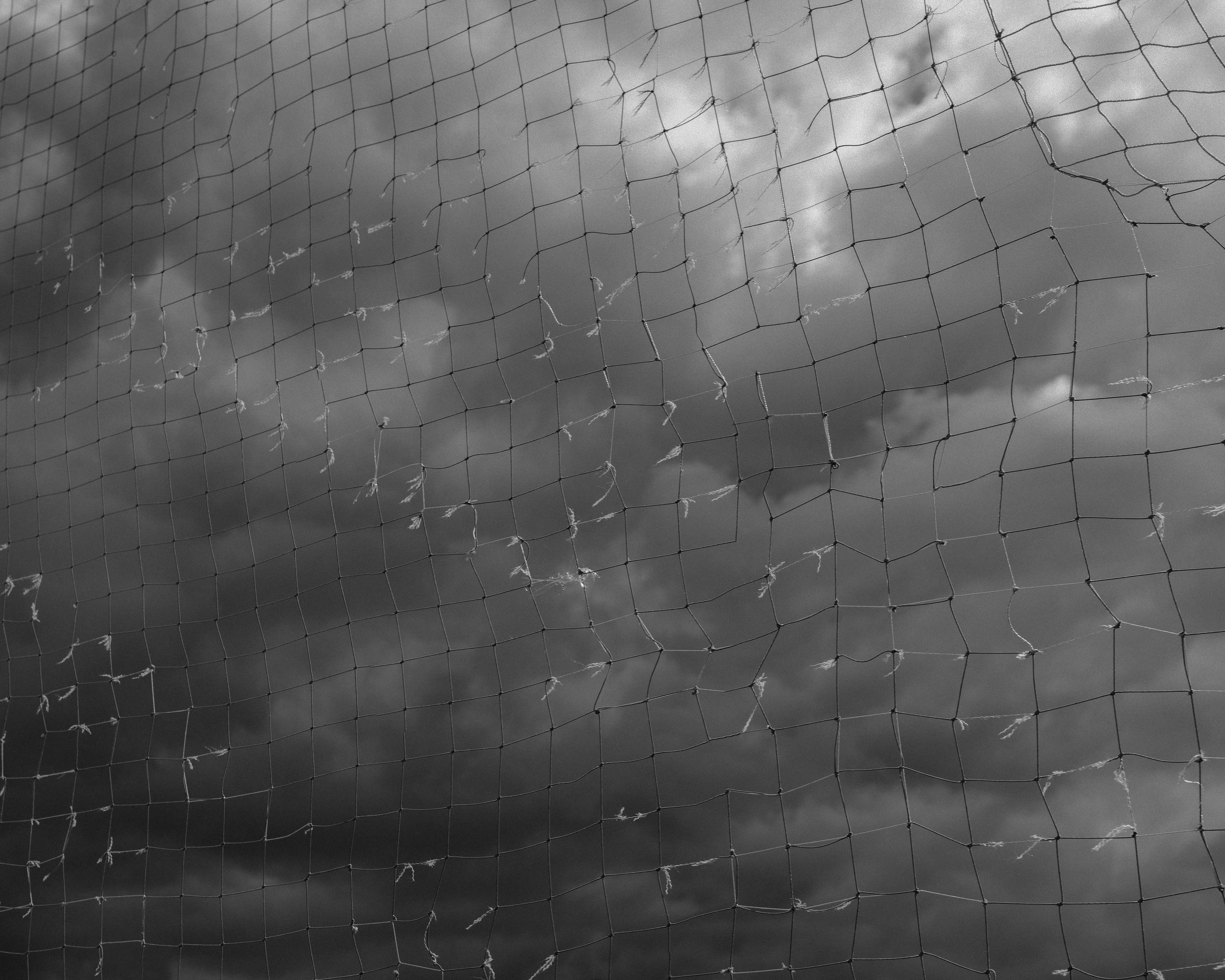
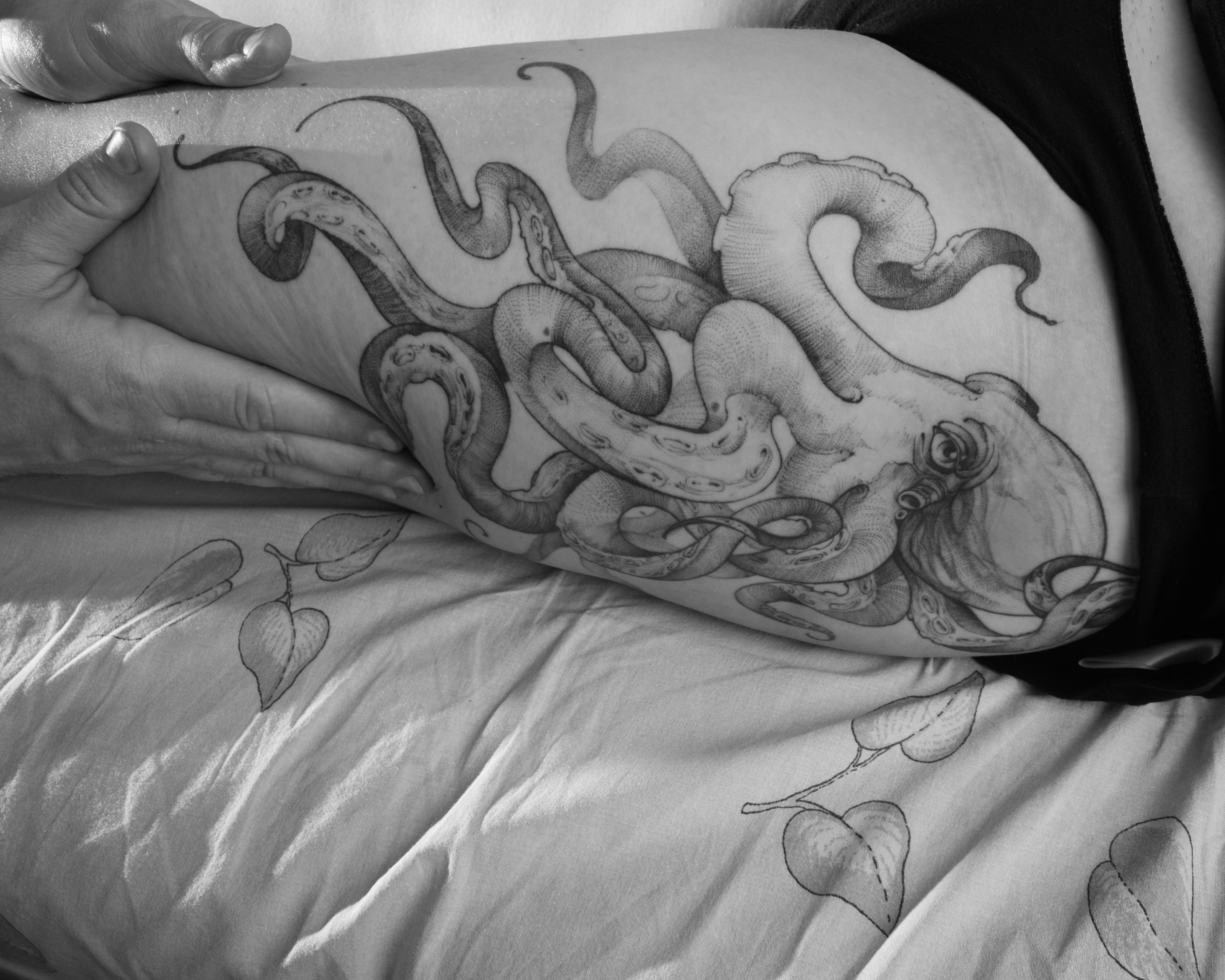
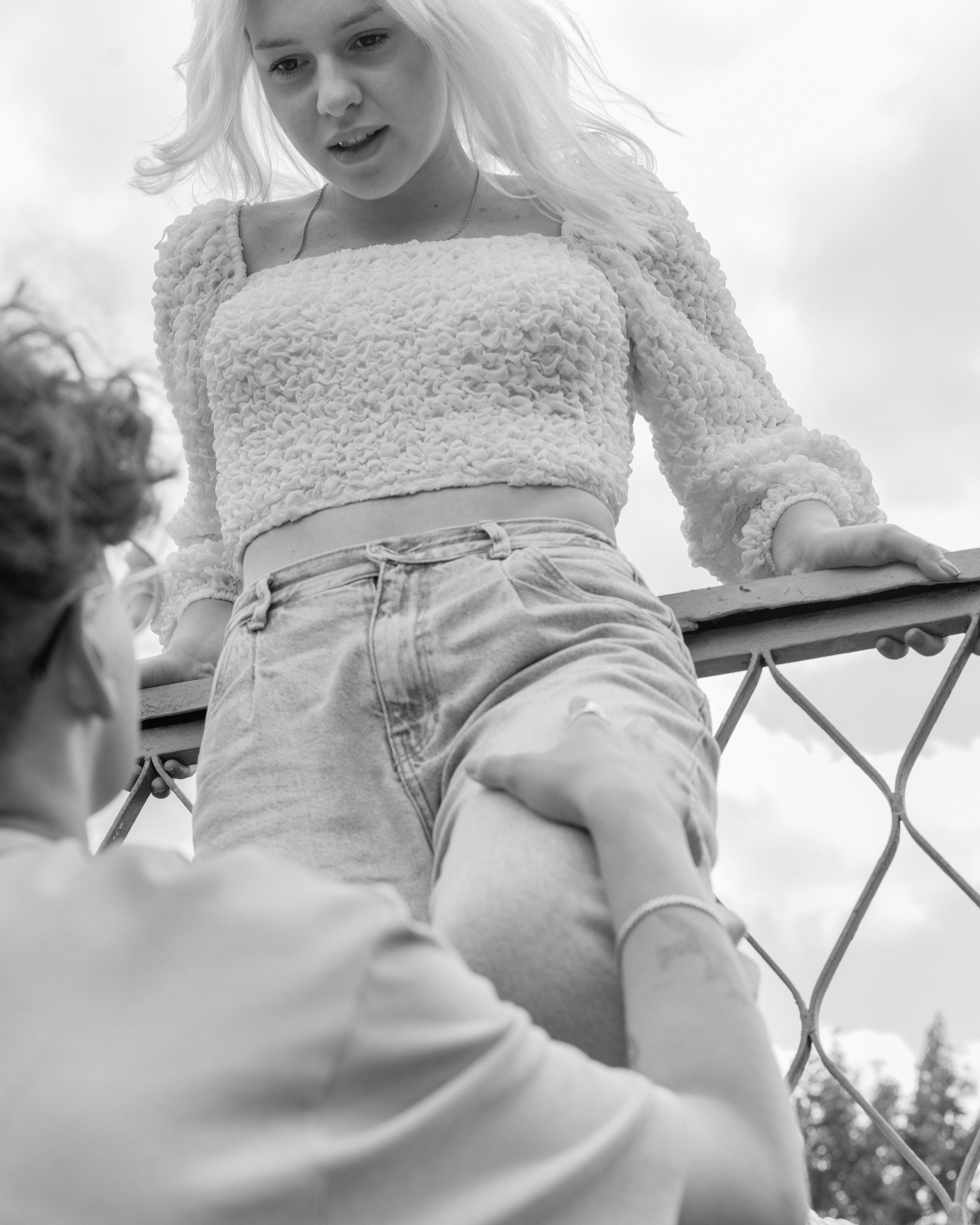
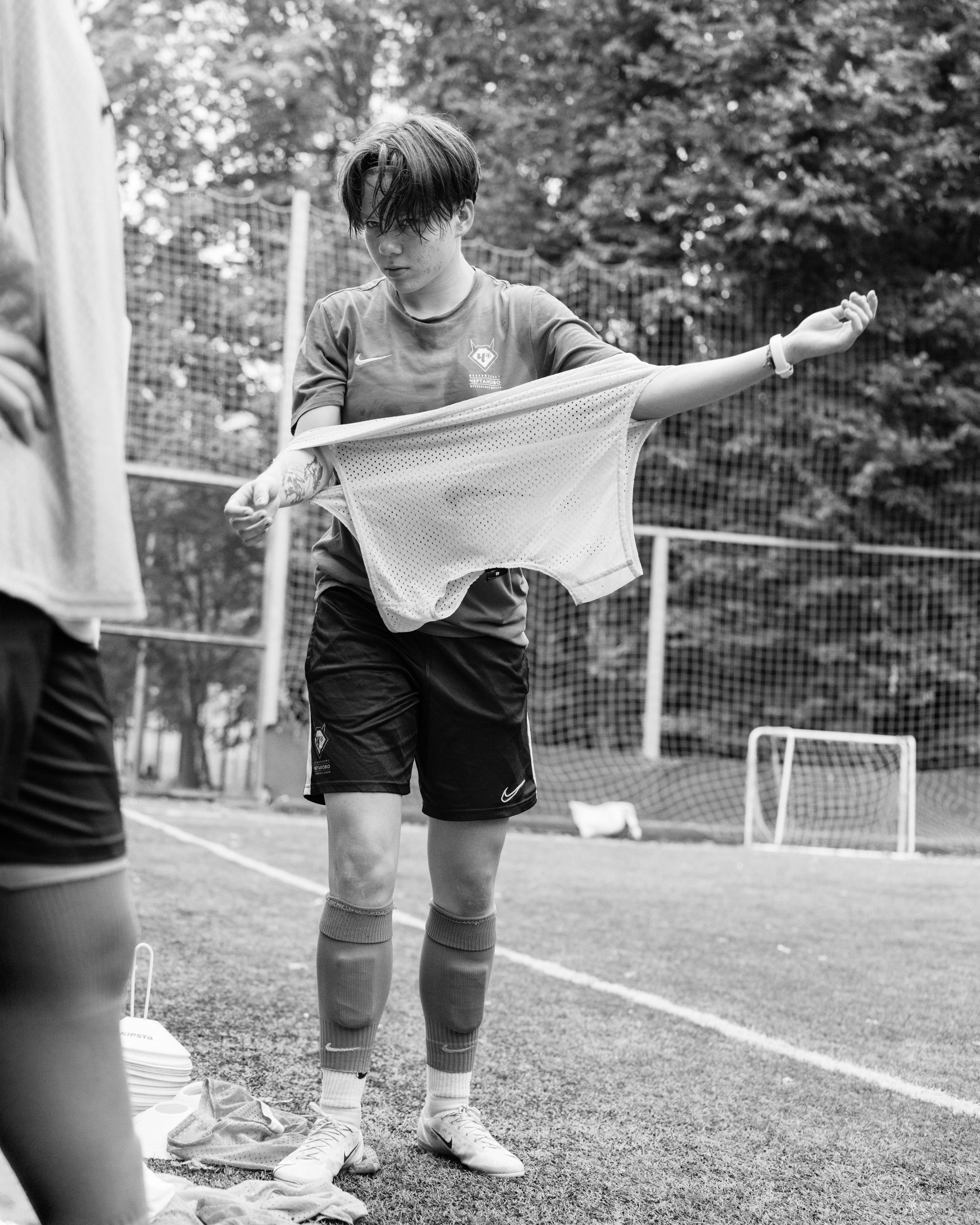

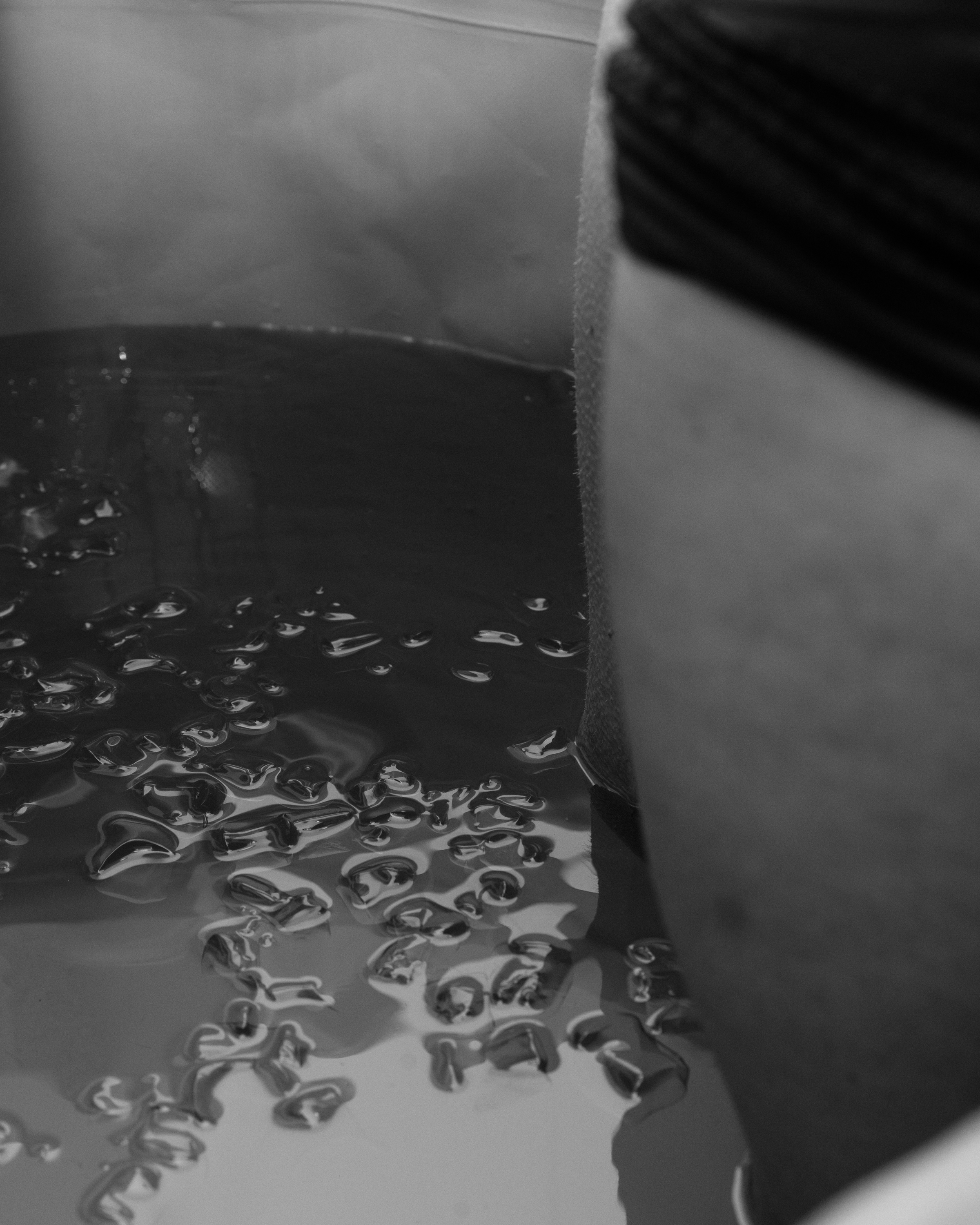



Overtime
The series "Overtime" portrays a community of a women's soccer team based in Moscow’s suburbs from 2018 to 2021. It must be understood that neither the place nor this particular women's football team were chosen by me blindly, but because they reflect Russian right-wing ideology. This government-funded club is one of the top ones in the country, and many of these women competed for Russia abroad.
The biggest draw for me was to show how queer women can represent a country that is openly anti-gay, anti-liberal, and thus overwhelmingly anti-feminist. And the answer is that they can’t. They make minimum vage and their games are rarely visited by someone outside of their family and friends’ circle.
It is well known that women’s team sports often are queer-friendly because they allow women to express masculinity, and it is no exception in this case, with many portraits depicting young love and queer sexual identity. However, the team is bound by the authoritarian rules enforced by the Moscow Department of Sport, complicating the situation.
In 2018 when I only just began taking these pictures, I talked to a woman whose portrait you now see if she’s ever voted. She told me that during elections, the entire team is taken by the club's bus to the voting station and instructed on who to vote for. She emphasized they weren't required to provide proof with pictures from inside the voting booth. So, instead of voting for Putin in the presidential election, she chose her candidate herself, unlike many of her teammates. Even though these women are demonized for their sexuality and their career, they often choose not to revolt even in the smallest, but to stay hidden.
The turning point for me in taking sports as something reflecting national ideology was reading Susan Sontag’s "Fascinating Fascism," where she argues that Nazi art does not show body imperfections and strain. “Fascist art displays a utopian aesthetics -- that of physical perfection,” she says, so I show traumas football players suffer. “In contrast to the asexual chasteness of official communist art, Nazi art is both prurient and idealizing. A utopian aesthetics (physical perfection; identity as a biological given) implies an ideal eroticism: sexuality converted into the magnetism of leaders and the joy of followers. The fascist ideal is to transform sexual energy into a "spiritual" force, for the benefit of the community. The erotic (that is, women) is always present as a temptation, with the most admirable response being a heroic repression of the sexual impulse,” she says, so I show to you women who are complex. They are sexy in a non-heteronormative way, not reduced to a mere perfect body, but express themselves through tattoos and strong gazes. With these photographs, I wanted to fight Russia’s propagandist image of a woman that is straight, petite, and complaisant. But it was always my choice, and only partly theirs. Players depicted in these photographs live in fear of being outed. The same woman I mentioned earlier told me how when she was 16, the national team coach called her parents and outed her, causing her great distress. The same coach, for years, withheld money, policed the team’s living quarters, and monitored their phones for “illegal” activities, including alcohol consumption and lesbian relationships.
My photographs reflect their predicament by falling short in revolt, too. The series reflects the limited freedom the players are allowed. The outside mirrors my inner feelings, with non-human photographs capturing a sense of impending doom. Fireworks come dangerously close to suburban housing projects, black smoke engulfs the field, and a torn and mended net is set against dark clouds. This is the world that stays hidden with its new generation of unseen queer women in Moscow, and they can only be awakened from within, not by some magic prince’s kiss.